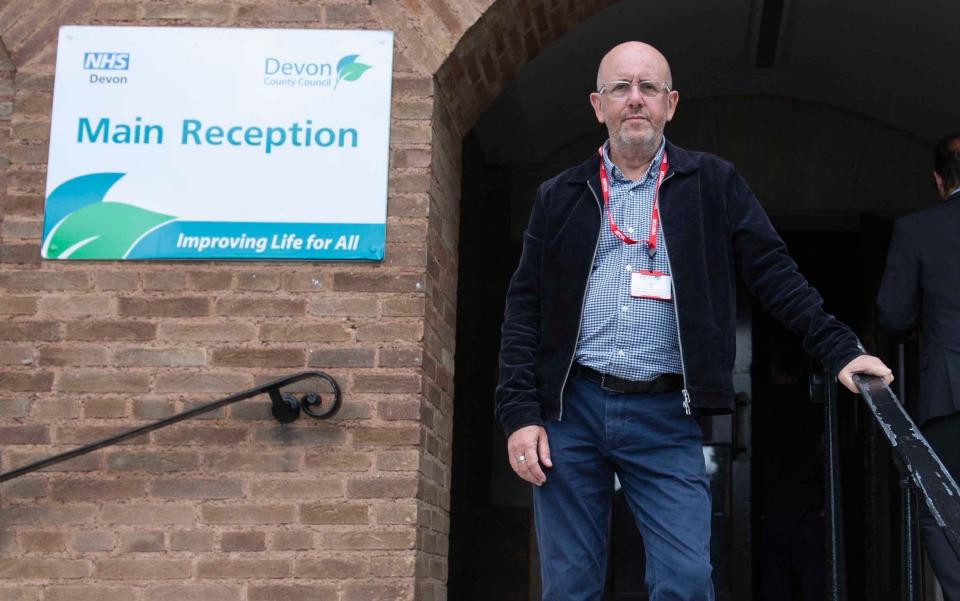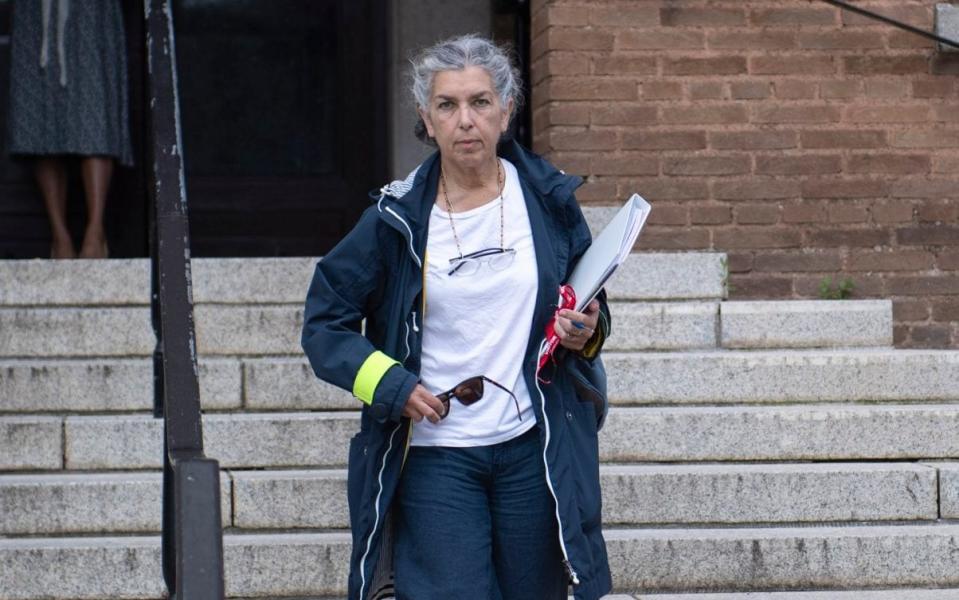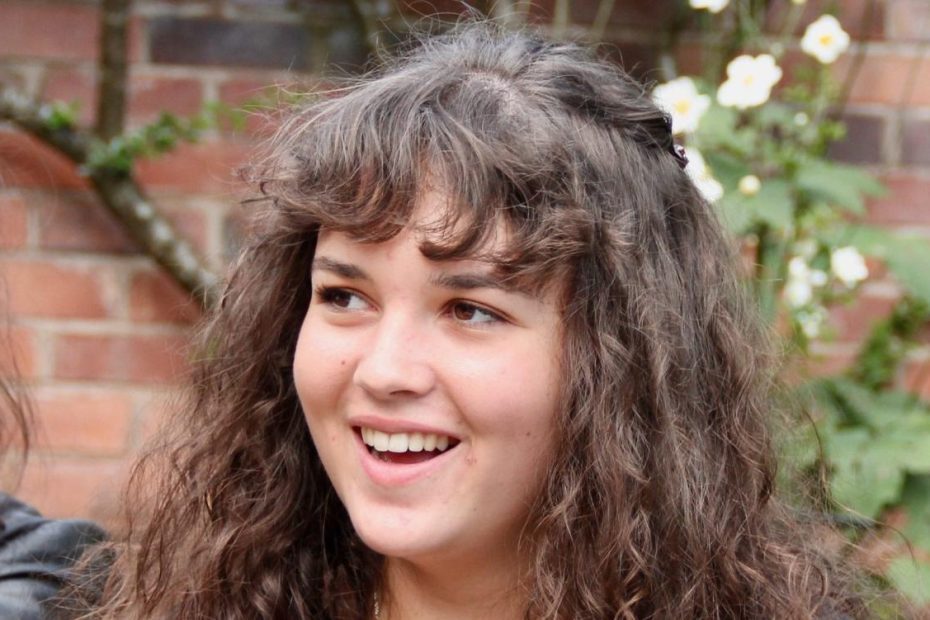A grieving father has told a coroner that doctors should stop believing ME is a mental health problem.
Maeve Boothby O'Neill died in October 2021 at the age of 27 after years of suffering from myalgic encephalomyelitis (ME). The condition affects the nervous system and immune system and drains energy, making it difficult to perform physical and mental tasks and causing severe pain and fatigue.
An inquest into her death found that a “lack of understanding among medical staff” led to shortcomings in the treatment Mrs Boothby O'Neill received, with her family struggling to find appropriate care from the NHS.
In a letter submitted to the coroner ahead of Friday's hearing, Sean O'Neill, a Times journalist, said: “There is a need to dispel the deeply held view, especially among older clinicians, that ME is a mental illness is, that somehow the patient is sick only because he thinks he is sick.”
He added: “It is, in my view, shameful that a hospital in Britain in 2021 would be 'incapable' of treating a disease that has been recognized by the World Health Organization for more than 50 years.”


On Friday, Devon's assistant coroner Deborah Archer confirmed she would prepare a report on the prevention of future deaths to raise issues raised during the inquest with authorities including the Department of Health and Social Care ( DHSC), NHS England and Nice. (National Institute for Excellence in Health and Care).
This is believed to be the first time a coroner has taken such a step in relation to an ME death.
Mrs Boothby O'Neill, who had been living with ME for more than a decade, was admitted to the Royal Devon and Exeter Hospital three times over the course of 2021, but refused a fourth admission because there was no treatment available to improve her condition or to alleviate.
'Poorly understood disease'
Anthony Hemsley, medical director of Royal Devon University Healthcare NHS Foundation Trust, gave evidence at Exeter Crown Court on Friday, telling the court how he had taken several steps to raise issues relating to the disease to senior NHS staff administrators and politicians.
This included a lack of training among healthcare professionals and community care specifically tailored for ME patients.
In a narrative judgment last month, Ms Archer ruled that Ms Boothby O'Neill had died of malnutrition caused by severe ME after her hospital failed to treat the condition.
There were no policies, protocols or guidelines for the treatment of ME in 2021, and on Friday Ms Archer told the court there were only “one or two paragraphs” of Nice guidance on the condition.
In his comments to Ms Archer, Mr O'Neill asked the coroner to consider writing to a number of agencies to improve the care and treatment of patients, the training and education of medical professionals and research into the “poorly understood disease” to improve.
Mr O'Neill nominated several organizations as recipients including, but not limited to, the DHSC, the Medical Research Council, the NHS and the Medical Schools Council.
Royal Devon University Healthcare NHS Foundation Trust was also asked to provide a document to Ms Archer detailing its policy towards ME patients.
The coroner told Mr O'Neill and Sarah Boothby, Maeve's mother: “I know this has been a long and harrowing process and I also understand that no one walks away at the end of these trials with all the answers they want and completely happy.
“But I hope that producing this report will help spark change in this important area.”


After the hearing, Mr O'Neill said: “It is vital that the coroner writes a report on preventing future deaths and sends it to health ministers and NHS bosses.
“It is the first time that a coroner has taken such a step after a death caused by ME.”
He added: “Science and medicine have a blind spot when it comes to this terrible disease, but the coroner has clearly seen the risks posed by this system failure.
“I hope her report will spur action on medical training, much-needed biomedical research and the provision of specialist care for patients with severe ME.”
Broaden your horizons with award-winning British journalism. Try The Telegraph free for 3 months with unlimited access to our award-winning website, exclusive app, money-saving offers and more.

